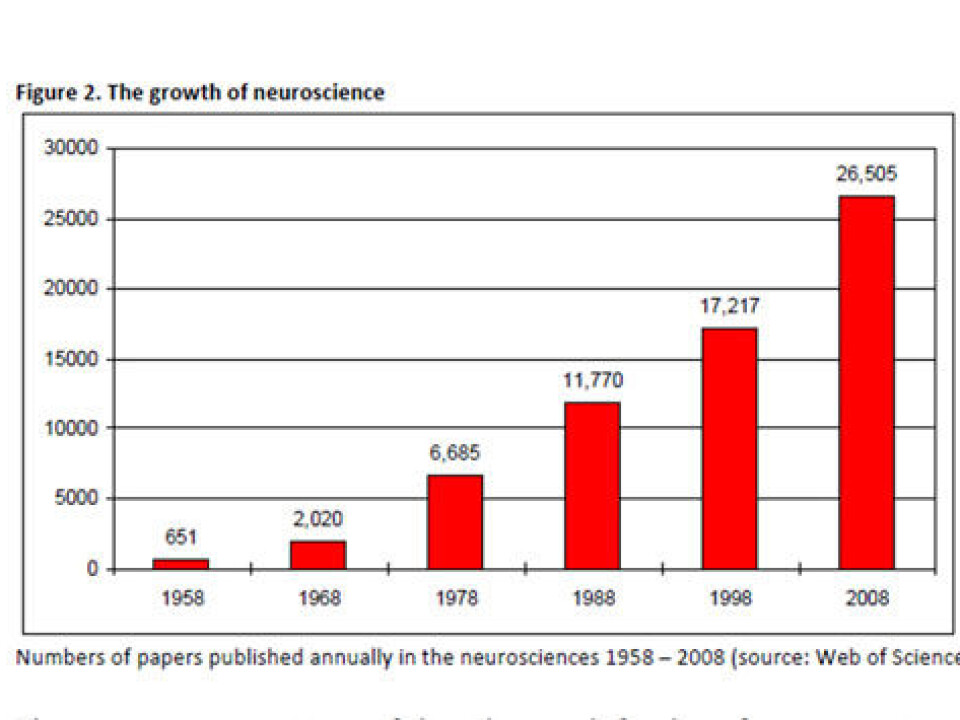
Excessive funding for popular research creates science bubble
Research grants are increasingly being awarded to the same few popular research fields. This results in homogenised projects that rarely deliver what they promise. The phenomenon is similar to real estate bubbles, argue two Danish philosophers.
When too much funding is awarded to the same few projects, it can result in an overheated bubble that affects the diversity of research projects.
So argue the authors of a new scientific article, titled ‘Science Bubbles’, about the behavioural patterns in the world of science that are currently creating phenomena akin to financial bubbles.
“In recent years, a great deal has been invested in neuroscience, for example, which has almost become known as a research field that can explain everything related to human behaviour. This is why research funding agencies, researchers and university institutions have been chasing neuroscience projects,” says Professsor Vincent Hendricks, of the University of Copenhagen, Department of Media, Cognition and Communication.
He has, together with postdoc David Budtz Pedersen of Aarhus University, authored the new article, which is published in the journal Philosophy and Technology.
Research becomes boring and standardised

When so much funding goes to e.g. neuroscience, it goes without saying that it results in a bias towards neuroscience, at the expense of other research fields, and that can affect the entire knowledge society, argues Hendricks:
”It affects us all, because the researchers are rewarded for chasing certain overheated topics, and that can make scientific research very standardised.”
He believes that research grant agencies do not necessarily get the outcome they are looking for:
“An overheated bubble does not burst in the world of science, but the air can seep out slowly if the great expectations do not pay off.”
Researchers turn into lemmings
It affects us all, because the researchers are rewarded for chasing certain overheated topics, and that can make scientific research very standardised.
Vincent Hendricks
It is not only the research itself that suffers as a result of a science bubble; the researchers’ own behaviour can be influenced by factors that characterise financial bubbles. Their profiles end up being very similar, argues the professor:
”When everybody is publishing the same content, we’re going to end up with a shortage of robust and diverse research profiles.”
The researchers also risk losing their critical sense in relation to the individual research projects within a popular research area such as neuroscience or nanotechnology.
”If all other researchers appear to think it is a good project, it is possible that individual researchers may hold back on their criticism, even though they may disagree with the findings,” he says.
When everybody is publishing the same content, we’re going to end up with a shortage of robust and diverse research profiles.
Vincent Hendricks
To ensure more diversity in scientific research, Hendricks believes that research grant agencies should adopt a more balanced approach. But the researchers can also do their bit to improve the situation:
“It is also up to the researchers themselves to diversify their grant applications.”
------------------------------
Read the Danish version of this article at videnskab.dk
Translated by: Dann Vinther









